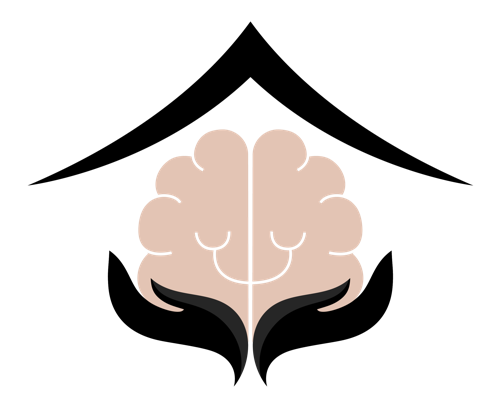Attention-deficit hyperactivity disorder (ADHD) and insomnia are two conditions that often intersect in clinical settings, presenting unique challenges for healthcare providers and patients alike. At Safe Haven Health, we recognize the importance of addressing this interplay to enhance patient treatment outcomes. Let’s explore the underlying connections between ADHD and insomnia and how understanding these links can lead to more effective treatment strategies.
The ADHD-Insomnia Connection
ADHD: A Brief Overview
ADHD is a neurodevelopmental disorder characterized by symptoms of inattention, hyperactivity, and impulsivity. These symptoms can significantly impact daily functioning, affecting academic, occupational, and social domains.
Insomnia: More Than Just Sleeplessness
Insomnia involves difficulty falling and staying asleep or experiencing non-restorative sleep, leading to impaired daytime functioning. It’s not merely about sleep quantity but also sleep quality.
The Bidirectional Relationship
Research suggests a bidirectional relationship between ADHD and insomnia:
ADHD Leading to Insomnia: The hyperarousal and impulsivity associated with ADHD can make it challenging for individuals to settle down and fall asleep. Additionally, the racing thoughts and inability to “switch off” the brain often reported by those with ADHD can exacerbate sleep difficulties.
Insomnia Exacerbating ADHD Symptoms: Lack of quality of sleep can worsen the symptoms of ADHD, such as reduced attention span and increased impulsivity. This can create a vicious cycle where sleep disturbances and ADHD symptoms reinforce each other.
Mechanisms Behind the Link
Several mechanisms may underlie the ADHD-insomnia link:
Neurobiological Factors: Both ADHD and insomnia involve dysregulation in certain neurotransmitters, particularly those related to dopamine and norepinephrine, which play a role in regulating sleep-wake cycles and attention processes.
Behavioral Aspects: Individuals with ADHD may have irregular sleep habits and lifestyles that can contribute to sleep disturbances.
Psychological Factors: The stress and anxiety stemming from managing ADHD symptoms can also lead to difficulties in initiating and maintaining sleep.
Treatment Implications
Understanding the relationship between ADHD and insomnia is crucial for effective treatment. Here are some strategies:
Integrated Treatment Approach: Addressing both ADHD and insomnia in treatment plans can lead to better outcomes. For instance, medication for ADHD should be monitored for its impact on sleep patterns.
Behavioral Interventions: Cognitive-behavioral therapy for insomnia (CBT-I) can be a practical non-pharmacological approach to managing sleep issues with ADHD.
Lifestyle Modifications: Encouraging regular sleep routines, creating a conducive sleep environment, and promoting relaxation techniques.
Medication Considerations: Some ADHD medications can exacerbate insomnia. It’s essential to assess the timing and type of medication to mitigate sleep-related side effects.
The intersection between ADHD and insomnia presents complex challenges but also opportunities for more tailored and effective treatment approaches. At Safe Haven Health, our commitment to holistic care involves understanding these nuances and incorporating them into our treatment strategies. By addressing both ADHD and sleep disturbances, we aim to enhance the overall well-being and quality of life for our patients.
—
This blog post aims to provide insights into the nuanced relationship between ADHD and insomnia, reinforcing the importance of a comprehensive treatment approach. Safe Haven Health is dedicated to offering informed care that acknowledges and addresses these intricate connections. Think you might have ADHD? Learn more about our virtual ADHD testing here.



